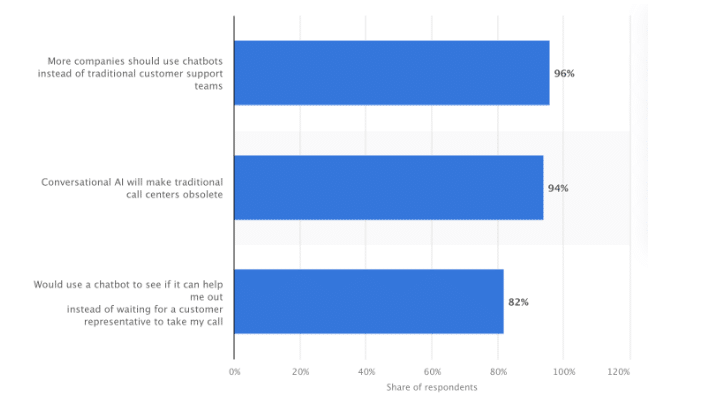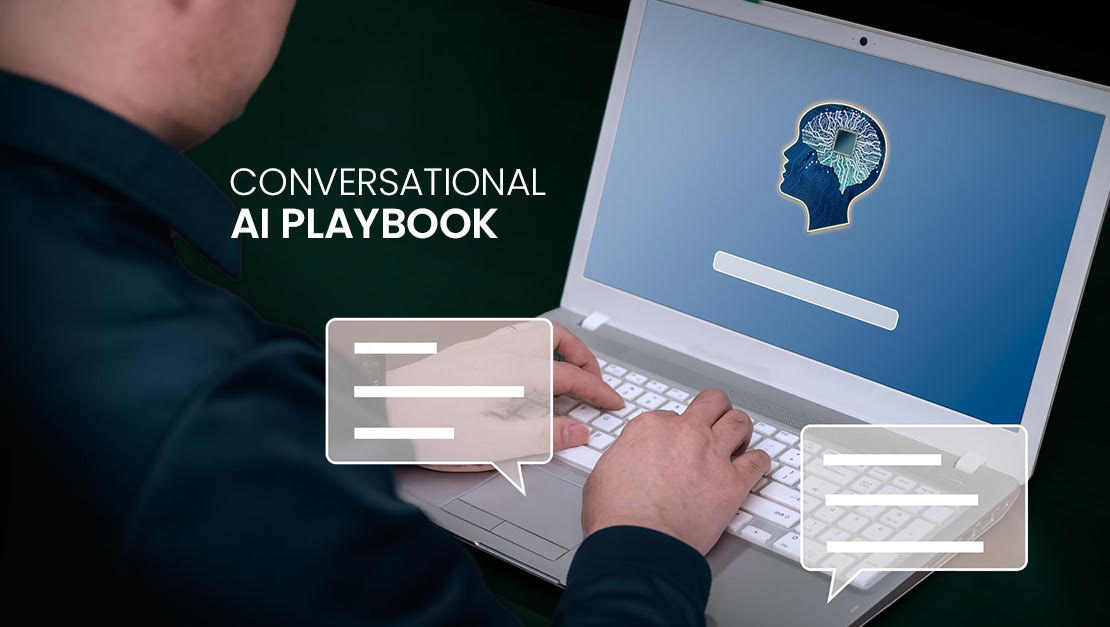For enterprises, conversational AI isn’t just another application, it’s a lifeline. Natural language technologies are becoming more and more common in the workplace, and large companies are taking advantage of the conversational AI boom to improve operations.
Conversational AI for enterprises is making it easier for large companies to work more effectively without increasing costs. Essentially, it’s one of the many tools enterprises are using to increase customer satisfaction, all while finding ways to help employees make their jobs easier.
In this post, we’ll examine conversational AI and how it’s being used in enterprises, including its applications, benefits, and implementation challenges to be aware of before adoption.
What is enterprise conversational AI?
Conversational AI for enterprises refers to a type of artificial intelligence that allows large organizations to automate human-like interactions with machines in a business environment. Usually, enterprise-grade conversational AI is found in fields like customer support, finance, and advertising.
More often than not, conversational AI at the enterprise level powers technology like chatbots, digital assistants, and voice-activated systems, making it easier for large companies to interact with clients in real-time. These systems are essential for companies as they allow them to stay competitive and respond to growing customer demands for instant service. Thanks to quicker response times and reduced employee workload, conversational AI for enterprises improves both customer experience and employee satisfaction.
How Is Enterprise Conversational AI Used?
Conversational AI is more than just chatbots answering simple questions, it’s actually impacting entire operations from start to finish. The impact is so great that the conversational AI market is expected to grow significantly to $32.6 billion by 2030, up from $5.7 billion in 2020. Where is this demand coming from, though? Let’s break down some key ways enterprises in different industries use conversational AI today.
Customer Support

(Source: Statista)
In customer service departments like call centers, 97% of operators using conversational AI systems like virtual agent technology (VAT) reported a positive impact on customer satisfaction. Today, AI-powered chatbots and virtual assistants can handle everything from basic user questions like password resets and order updates to more detailed troubleshooting, reducing wait times and improving customer satisfaction. According to a survey, 96% of consumers agree that more companies should use chatbots instead of traditional customer support teams.
Sales and Marketing
Conversational AI helps companies increase sales and engage customers in real-time. At least 58% of consumers are interested in conversational AI tools like chatbots while shopping online as they make it easier to recommend products based on browsing history, answer pricing questions, and even assist with checkout. In marketing, AI-powered assistants handle lead qualification by interacting with potential customers, collecting information, and assigning high-value leads to sales reps for follow-up.
Internal Collaboration and Productivity
AI isn’t only helping enterprises with customer-oriented tasks, it also helps teams work better internally. Virtual assistants integrated with workplace tools like CRMs or communication channels can schedule meetings, automate project updates, and even assign tasks. Teams can spend less time on repetitive administrative work and more time on revenue-producing initiatives.
Human Resources
HR teams use conversational AI to streamline hiring, onboarding, and employee assistance. Candidates can ask conversational AI systems about job openings, while new hires can get quick answers about policies, benefits, or training materials. It can also make it easier for HR teams to field applications and questions in multiple languages when hiring internationally or remotely.
IT Support
AI-powered IT service desks handle everything from password resets to troubleshooting common tech issues. AI chatbots can diagnose problems, provide step-by-step fixes, or escalate issues to technicians when necessary. Customers get faster response times and the IT team’s workload gets reduced by clearing out simple requests.
Travel and Hospitality
Hotels are using AI-powered assistants to provide personalized support like handling bookings, providing check-in details, and offering travel recommendations. At the same time, airlines are deploying chatbots to update passengers on flight statuses, rebook tickets, and handle inquiries in real-time. Additionally, conversational AI can be used together with generative AI to create personalized travel itineraries on demand.
The Benefits of Conversational AI for Enterprises
Enterprises are increasingly open to adopting new AI platforms, with conversational AI leading the pack. Globally, conversational AI in the form of chatbots and call center technology is one of the most widely used applications of AI in enterprises, second only to computer vision. So, why is it such a game-changer? Here’s what makes conversational AI a must-have for enterprises:
- Better customer experience: Delight customers with instant responses, personalized interactions, and 24/7 support
- Save on costs: Cut down on labor costs by automating routine inquiries and support tasks
- Higher service availability: Give customers the opportunity to get answers at any time, even outside business hours
- Seamless scalability: Conversational AI can scale effortlessly to meet increased demand during peak seasons without increasing your workforce
- Data-driven insights: Track customer interactions, trends, and get analytics to make smarter decisions and improve service
- Boost sales and conversion rates: Engage customers throughout the buying process and offer tailored recommendations to drive more sales
- More productivity and efficiency: Employees can focus on strategic and creative work while AI handles the rest, leading to a more productive workforce
Challenges of Conversational AI Adoption for Enterprises
Adopting a conversational AI platform for enterprises may be a game-changer, but that doesn’t mean it’s without its challenges. While there are undeniable benefits to adopting company-wide AI solutions and conversational APIs, it’s important to be aware of the potential roadblocks if your business is considering adopting conversational AI.
Natural Language Understanding
Language is full of slang, accents, nuances, and ambiguous speech, leading to frustrating user experiences. Training AI to handle real-world conversations through natural language understanding (NLU) and natural language processing (NLP) models takes time, data, and constant fine-tuning.
Compatibility with Legacy Systems
Many older software systems weren’t built to integrate with AI technologies, leading to integrational challenges with legacy systems. First, enterprises will need to adopt new software to make adopting possible and smooth out communication between platforms, which can significantly add to an implementation timeline.
Ethical and Security Concerns
Conversational AI like chatbots and virtual assistants handle a lot of customer data, raising concerns about privacy and security. These systems need robust security and privacy protocols to avoid breaches. Additionally, enterprises need to address ethical concerns so that AI systems don’t reinforce biases or provide misleading information.
User Adoption and Trust
Some users might be skeptical about talking to an AI agent over a human agent, while employees might worry about being replaced by AI. To build trust, enterprises should establish transparent communication standards and try to strike a balance between AI and human support.
Beyond Conversations: The Power of Speech AI in Enterprises
As we’ve seen, conversational AI has tons of different applications in different enterprises. From making it easier for customers to checkout on e-commerce websites to answering pressing IT questions, this type of AI is making it simpler for humans and machines to interact naturally, leaving employees freed up to focus on creative and strategic tasks that are more engaging and fulfilling.
However, conversational AI systems are just scratching the surface. Speech AI technologies like aiOla offer a more well-rounded solution, allowing frontline workers to complete tasks like inspections in mere seconds just by speaking. In industries like manufacturing, logistics, and transportation, enterprises are using speech AI platforms to collect data through speech, speed up operations, and ensure employees are working safely. While conversational AI focuses on helping customers first, speech AI like aiOla can help employees better serve your customers, leaving everyone more satisfied in the long run.
Want to get started? Book a demo today to learn more about how aiOla is helping enterprises use speech to improve operations








